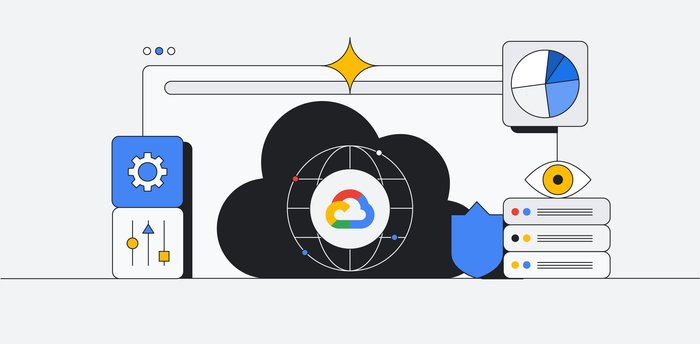Why we migrated Orbitera to managed Kubernetes on Google Cloud Platform
Eyal Manor
Vice President of Engineering, Google Cloud
Google Cloud acquired Orbitera last fall, and already we’ve hit a key milestone: completing the migration of the multi-cloud commerce platform from AWS to Google Container Engine, our managed Kubernetes environment.
This is a real testament to the maturity of Kubernetes and Container Engine, which in less than two years, has emerged as the most popular managed container orchestrator service on the market, powering Google Cloud’s own services as well as customers such as Niantic with Pokemon Go.
Founded in 2012, Orbitera originally built its service on an extensive array of AWS services including EC2, S3, RDS and RedShift, and weighed the pros and cons of migrating to various Google Cloud compute platforms — Google Compute Engine, Google App Engine or Container Engine. Ultimately, migrating to Container Engine presented Orbitera with the best opportunity to modernize its service and move from a monolithic architecture running on virtual machines to a microservices-based architecture based on containers.
The resulting service allows Orbitera ISV partners to easily sell their software in the cloud, by managing the testing, provisioning and ongoing billing management of their applications across an array of public cloud providers.
Running on Container Engine is proving to be a DevOps management boon for the Orbitera service. With Container Engine, Orbitera now runs in multiple zones with three replicas in each zone, for better availability. Container Engine also makes it easy to scale component microservices up and down on demand as well as deploy to new regions or zones. Operators roll out new application builds regularly to individual Kubernetes pods, and easily roll them back if the new build behaves unexpectedly.
Meanwhile, as a native Google Cloud service, the container management service integrates with multiple Google Cloud Platform (GCP) services such as Cloud SQL load balancers, and Google Stackdriver, whose alerts and dashboards allow Orbitera to respond to issues more quickly and more efficiently.
Going forward, running on Container Engine positions Orbitera to take advantage of more modular microservices and APIs and rapidly build out new services and capabilities for customers. That’s a win for enterprises who depend on Orbitera to provide a seamless, consistent and easy way to manage software running across multiple clouds, including Amazon Web Services and Microsoft Azure.
Stay tuned for a technical deep dive from the engineering team that performed the migration, where they'll share lessons learned, and tips and tricks for performing a successful migration to Container Engine yourself. In the meantime, if you have questions about Container Engine, you can find us on our Slack channel.


